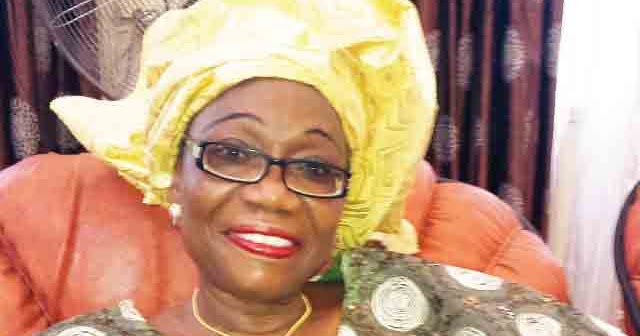Atiku warns of attempt to duplicate Rwandan Genocide in Nigeria

Former vice-president, Atiku Abubakar, has condemned a song wishing members of the Igbo ethnic group dead. The song, which has been circulating on social media, was published by online news medium, Sahara Reporters, over the weekend.
In a statement issued by Atiku’s media office Monday, the former vice-president urged the security services to “apprehend, try, convict and severely punish those behind this ungodly song which incites racial hatred.”
In the statement, ‘Nigeria does not need a Rwandan deja vu,’ Atiku pleaded with all Nigerians to rise above ethnic divides and condemn the song – “reminiscent of the beginning of the Rwandan genocide”.
“It has come to my attention that a song disparaging people of Igbo origin, and which wishes them dead, is circulating in some parts of the nation. I totally and unequivocally condemn this development, and I call on all men of goodwill to rise up against this evil,” the statement read.
“This song is reminiscent of the beginnings of the Rwanda Genocide. Nigerians need to be aware that the Rwanda Genocide was believed to have been ignited by a song titled Nanga Abahutu (I hate Hutus), sung by Rwanda’s then most popular musician, Simon Bikindi. God forbid that we should have such a déjà vu in Nigeria.
“Simon Bikindi was convicted by the International Criminal Tribunal for igniting and aiding the Rwandan genocide. Thus, let those who think they can treat their fellow citizens so unjustly know that within and outside Nigeria exist mechanisms that will ensure they answer to their crimes.
“I call on all men of goodwill to remember those immortal lines from our former National Anthem ‘though tribe and tongue may differ, in brotherhood we stand.”
The Rwandan genocide, which took place over three months in 1994, was a mass slaughter of members of the Tutsi ethnic group by members of the Hutu majority government. An estimated 500,000–1,000,000 Rwandans were killed between April 7 and July 15, 1994, constituting as many as 70% of the Tutsi population.






